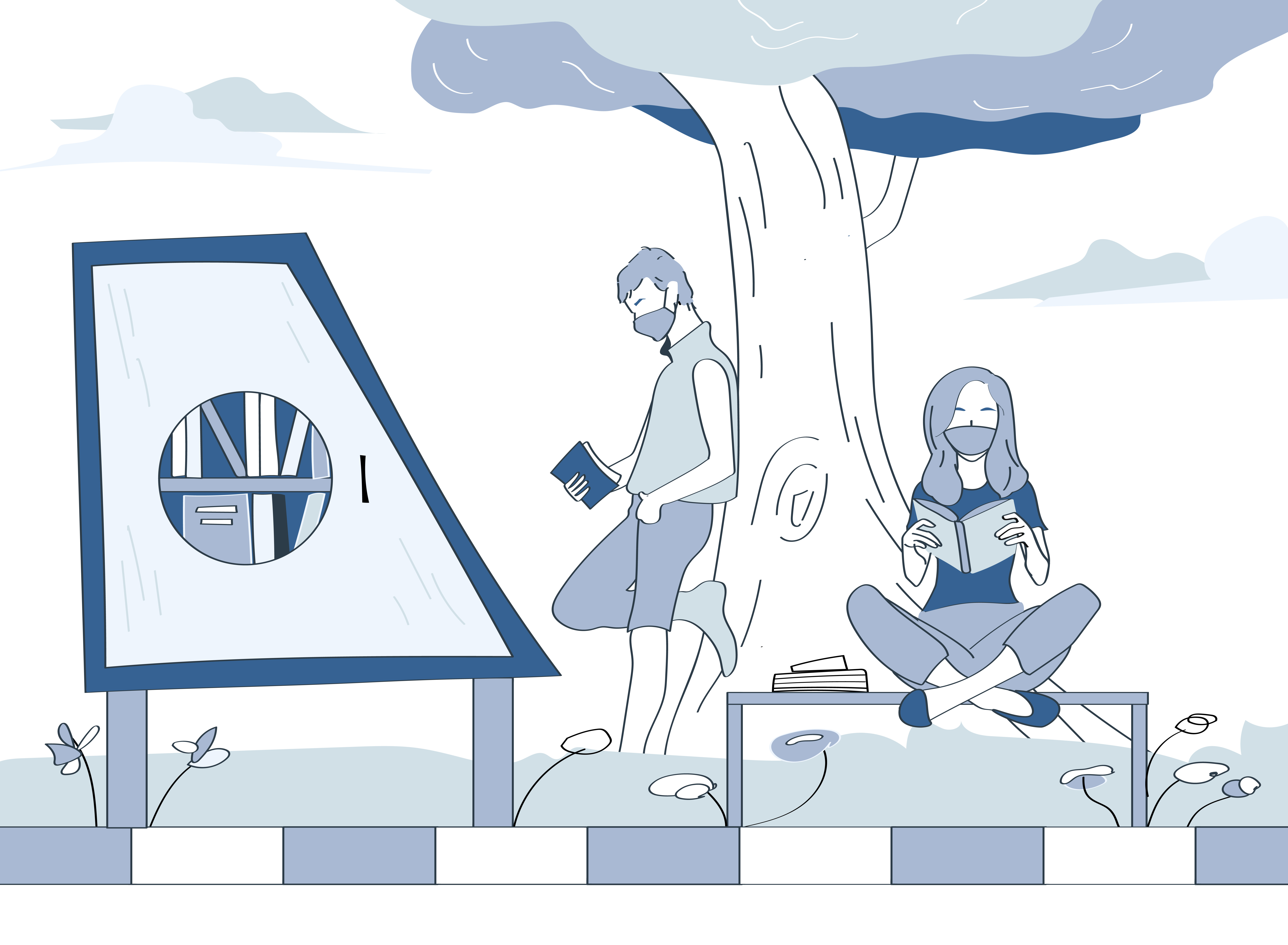I had my first realisation of Indonesia’s declining interest in reading when I was on my flight back to Jakarta from England, where I pursued my undergraduate study. Where the love for books and reading interest were evident among the people there, I couldn’t sense the same widespread appreciation from Jakartans, and it felt devastating to come home to that.
In a study of 61 countries, Indonesia is placed second to last in literacy indicators. A similar study by UNESCO claims that only 1 in 1000 Indonesians consider reading as a fulfilling activity. We can blame these numbers on many things, but the lack of literacy programmes and role models that champion reading as a fulfilling and cool activity could be the driver behind our low level of literacy.
To me, reading books is much more than that. Reading stimulates a thirst for adventure, breeds empathy and reflection. I remember a heated discussion with my friends about “The Goldfinch”, a novel by Donna Tartt which we all love but for starkly different reasons. This reminded me that reading is never a one-dimensional activity because we project ourselves when we read. The natural interaction between me and the text makes me reflect on my personal virtues and shortcomings. Through my favourite book, “The Little Prince”, I learned about separation, love, and finding meaning in work. When I feel like my suffering is unique where no one can possibly understand it, I pick up a book and connect with it… and there’s great comfort in that. Reading is therapeutic.
I believe reading books written by people across different conditions with different backgrounds blur the imaginary borders we built between us. It helps us see that there are more things uniting than separating us. In a way, it’s a tool to converse and connect with ourselves and others, which points to the importance and necessity of books in civil societies. I’ve read in a paper by political scientist Ashtush Varshney that community-initiated reading clubs in Kerala (the Indian state with vast cultural diversity and the country’s highest in literacy), have facilitated better trust between the Hindu and Muslim populations. In a world plagued with ignorance and intolerance, reading more can be a step towards reconciliation and peace.
In this light, there are so many aspects of our life in Jakarta that we can improve by reading. In a city that shelters more than 10 million people, it’s unfortunate that we feel alienated from one another; we underline our differences rather than build connections, and we neither know our neighbours nor maintain relationships with people around us.
Despite having spent most of my life in the city, I’ve begun to slowly fall in love with Jakarta in times of the pandemic. The isolating virus has led me to examine our identity as a city, and this love and observation have brought to light some of the city’s recent developments that are truly exemplary: such as better access to public transport, increased mobility through pedestrianisation, and revitalisation of green spaces. Seeing this, I felt compelled to contribute too, and this led to the beginning of Bookhive. My reasoning is simple, I want to instil my love for reading so that in turn, we can continue to share it with one another.
Regardless of all the setbacks this year, including the closing of Kinokuniya Plaza Senayan—a place considered to be a reader’s haven, managing a public bookrack has helped restore my hope. Just look around, there are indie bookstores in Jakarta such as Transit, Post, and Wild Rose Books who provide personalised recommendations and cater to readers’ needs, then there’s also an emerging community of bookstagrammers who create content about books for a generation fixated on social media.
Additionally, public reading spaces have been set up inside MRT stations, and the revitalisation of Taman Ismail Marzuki is set to include the five-floored Library of Jakarta. Readers already travel far distances just to come to Menteng to exchange books in Bookhive. I believe these people have been touched by the magic found between the pages of books. Slowly, we are shaping a world in which more people read. We understand the urgency. We long for it.
So now, I invite you to read. Get a book and let yourself travel to territories you have never ventured before. You never know how much you need the inspiration and consolation within the pages. And when you can, share them. The youth depends on it.







